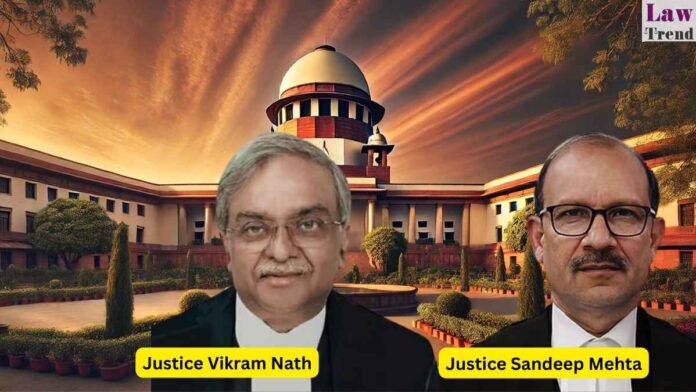The Supreme Court of India on Wednesday set aside orders of the Rajasthan High Court that had transferred a criminal investigation to the Central Bureau of Investigation (CBI), ruling that a High Court has no power to recall or review its own judgment in criminal matters under the guise of correcting an inadvertent error. A
To Read More Please Subscribe to VIP Membership for Unlimited Access to All the Articles, Download Available Copies of Judgments/Order, Acess to Central/State Bare Acts, Advertisement Free Content, Access to More than 4000 Legal Drafts( Readymade Editable Formats of Suits, Petitions, Writs, Legal Notices, Divorce Petitions, 138 Notices, Bail Applications etc.) in Hindi and English.




